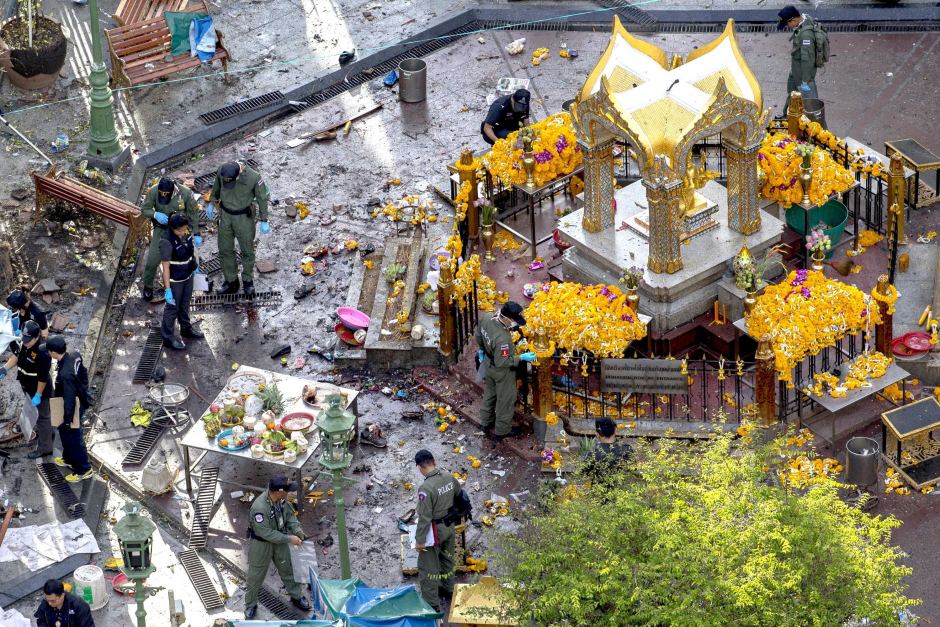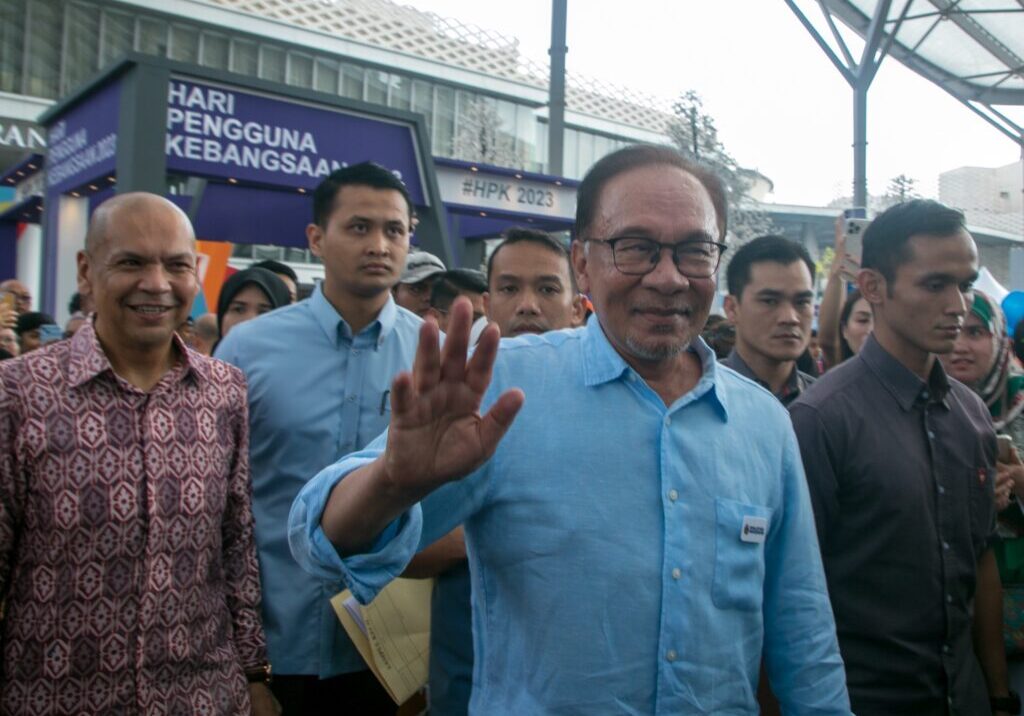Australia/Israel Review
Asia Watch: In and out of focus
Sep 22, 2015 | Michael Shannon

Michael Shannon
Another day, another blast in southern Thailand’s long-running insurgency. This time four soldiers were seriously injured when their pickup truck was caught in a bomb blast in the southernmost province of Pattani on September 6. The men were returning to their base when their pickup was hurled 50 metres by the explosion.
Such events are so routine as to be a small news item, particularly in the wake of the bomb blast at Bangkok’s Erawan Shrine on Aug. 17, which killed 20 people and injured more than 100 others. So while all resources are poured into one investigation, other problems remain sidelined.
Despite the saturation coverage and the massive police and intelligence effort, information on the perpetrators of the Bangkok bombing has been slow to emerge, with lines of inquiry centring on possible retaliation for the Thai government’s decision to deport more than 100 Uighur refugees to China in late June, an alleged human trafficking ring and the apparent Turkish links among the several arrest warrants issued.
One of the two men arrested, Yusufu Mieraili, has now admitted to a charge of possessing explosives. Police have not revealed his nationality, although he was caught in possession of a Chinese passport with a birthplace listed as Xinjiang – home to the country’s Uighur Muslim minority. He further implicated a Chinese man who left the country the day before the bombing as the mastermind.
A second man identified as Adem Karadag has already been charged over the crime after he was caught in a flat in a Bangkok suburb with bomb-making paraphernalia and dozens of fake Turkish passports.
Neither man is thought to have physically planted the bomb, but Thai police are confident they are involved in the network blamed for the attack.
Mystery still surrounds the likely motive but speculation has hardened on links to China’s Turkic-speaking Uighur minority. The deportation of Uighurs to China prompted angry protests in Turkey where some nationalists hold a deep affinity with the minority group.
While police were quick to rule out any link to the global spate of IS-inspired attacks, some believe that the long-festering Muslim insurgency in the southernmost provinces is often overlooked as a comparable ongoing threat and that it has been relegated to a second or third tier item by the military government (officially the National Council for Peace and Order) which took power in May 2014.
A recent International Crisis Group report raises concerns that the insurgency, formerly an ethnic struggle for more autonomy, has been taken over by hardline jihadis who have declared war on both the Buddhist majority and local Malay Muslim moderates.
Analyst Rungrawee Chalermsripinyorat noted in the Bangkok Post that insurgent violence has not been entirely contained in the south. For instance, bomb-making materials and detonation circuits used in a 2006 bombing in Bangkok, near the Erawan shrine, bore the signature of the southern militants, while more recent attempted bomb attacks on the resort islands of Phuket and Koh Samui also appear likely to originate from these groups.
“It is one of the southern militants’ strategies to target an area of economic significance and it is perhaps not beyond their capacity to extend their reach to Bangkok. There are also precedents for attacks against places of worship and persons of religion in the South, notably temples and Buddhist monks,” she wrote.
The Thai military’s lack of action appeared to have killed off a 2013 initiative of the government of Prime Minister Yingluck Shinawatra (which the coup overthrew) – a dialogue process, facilitated by Malaysia, with representatives of Barisan Revolusi Nasional Melayu Pattani [the Pattani-Malay National Revolutionary Front, or BRN], the principal insurgent group. After three meetings, and before advancing to confidence-building measures, this “Kuala Lumpur Process” collapsed, undermined by rifts on both sides of the table.
However, the military government has recently decided to resume the formalised peace dialogue, which indicates a belated acceptance of its inability to defeat the Malay Muslim militants militarily. The military had long advocated against holding any formal negotiations – in fact, when the dialogue process was being formed, it sent a note to the then-government attempting to stop it.
The militants are currently represented by a loose umbrella group called Majlis Syura Pattani (Pattani Consultative Council or MARA), formed in March this year. MARA comprises the pro-dialogue faction of the BRN, three factions of the Pattani United Liberation Organisation (PULO), Islamic Liberation Front of Pattani (BIPP) and Pattani Islamic Mujahideen Movement (GMIP).
The BRN is said to have the highest military strength among the insurgent groups, but its leadership is reportedly divided over the peace process and prefers to take a wait-and-see approach. Some militants fear the army might not be willing to make any real concessions and hence prefer to wait for the restoration of democratic rule.
This article is featured in this month’s Australia/Israel Review, which can be downloaded as a free App: see here for more details.






